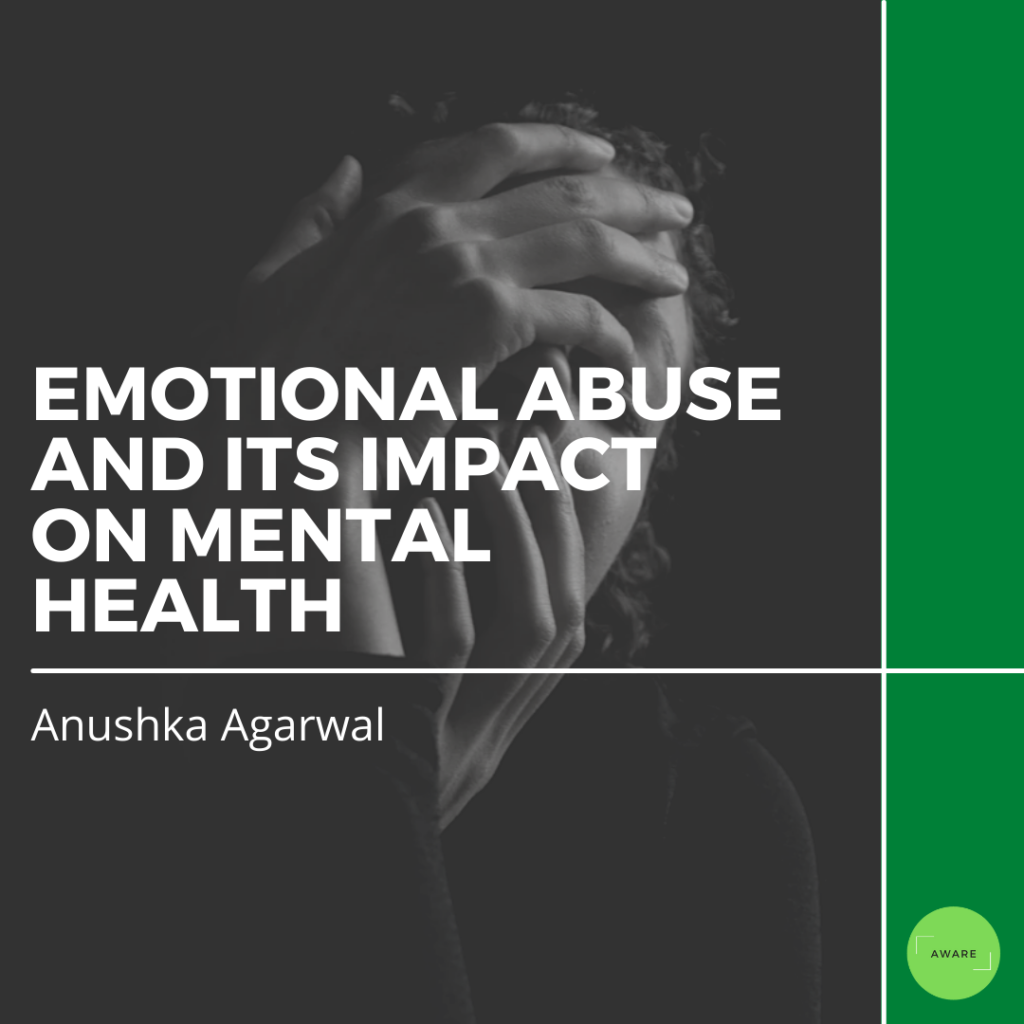Trigger warning: this article discusses a form of abuse.
Much like physical abuse, emotional abuse is extremely harmful to a us. Emotional abuse is primarily a verbal form of abuse and can sometimes even be used by the abuser simultaneously with other forms of abuse. If you often feel insulted, hurt, and become very careful and sensitive over certain matters, then it is likely you are being emotionally abused.
“Did it Ever Get Physical?”
This is often the first question we ask someone we know or suspect is in an unhealthy relationship. While starting a conversation around physical abuse is essential, the issue is when it is the only question we ask. If you do not ask about other types of abuse that may be potentially happening, you are implying that physical violence is the defining feature of a bad relationship. Worse still, it sends the impression that whatever else is going on is “not that bad.” This is a major concern since emotional abuse has been proven to be quite harmful.
If you have been the victim of emotional abuse, your abusers will make you feel worthless despite the fact that you have done nothing wrong. Emotional abuse is all about playing with the emotions and psychology of a person, verbally torturing them and manipulating their emotions in a way that makes them feel hopeless and unworthy. Abuse can also entail verbal humiliation and bullying, in addition to verbal manipulation. The actions of the abuser usually follow a pattern that lowers the self-esteem of the victim.
The Impact of Emotional Abuse
Long term effects and mental health impacts of emotional abuse can be devastating and, in some cases, life-threatening. If it is not caught and dealt with in time, victims of emotional abuse can end up suffering from numerous psychological problems. Following are some of the issues frequently faced by victims of mental and emotional abuse: low self-confidence; a growing number of physical and psychological problems; fear of sharing anything with partners, friends, and family; feelings of isolation; and difficulty forming new relationships.
For some, emotional abuse eventually leads to a nervous breakdown. While there is no clinical definition of this phenomenon, it typically refers to the point at which psychological distress disrupts functionality. This loss of function occurs when the effects of emotional abuse become too much to bear. The exact features of a nervous breakdown may vary from person to person, but they usually involve losing the ability to participate in social and professional activities, as well as focusing less on self-care – including eating and general hygiene. In addition to feelings of depression and anxiety, you may experience sleep disturbances, paranoia, hallucinations, obsessive thoughts, and physical symptoms such as trembling and muscle tension.
Seeking Help
There are a lot of potential support networks a person could lean on. However, it is important to remember that everyone moves at their own pace. Some people may not feel ready to seek help at any given point. Some ways to seek help without professional intervention include seeking advice from trusted family members or friends.
